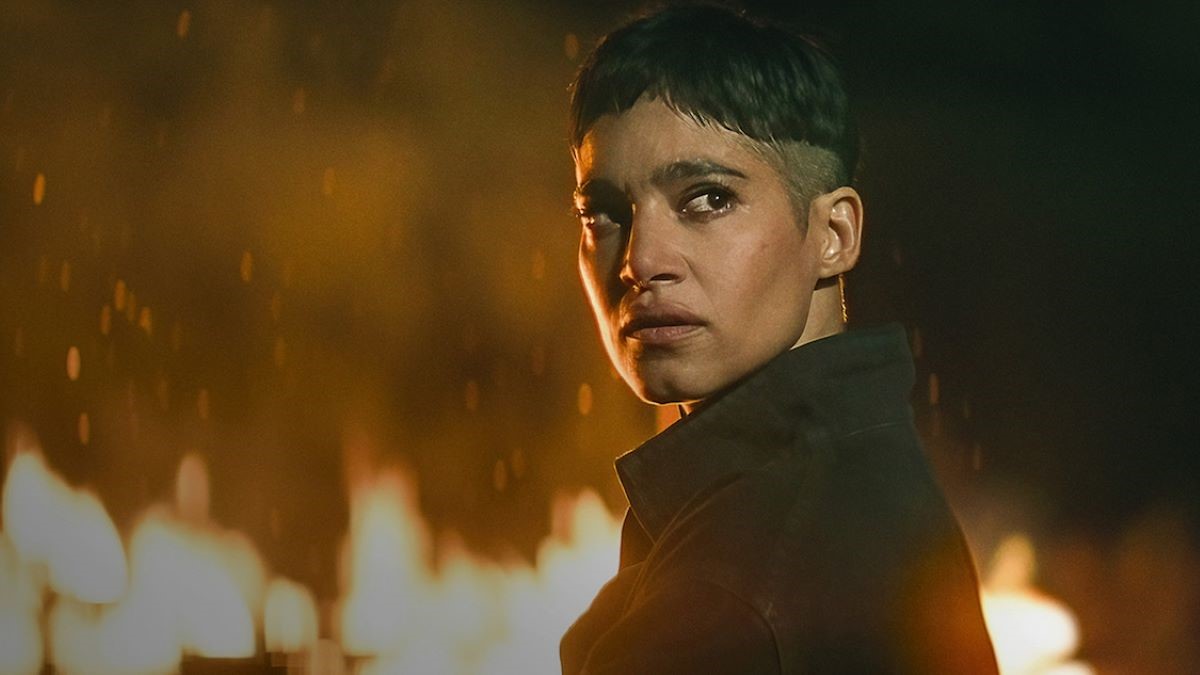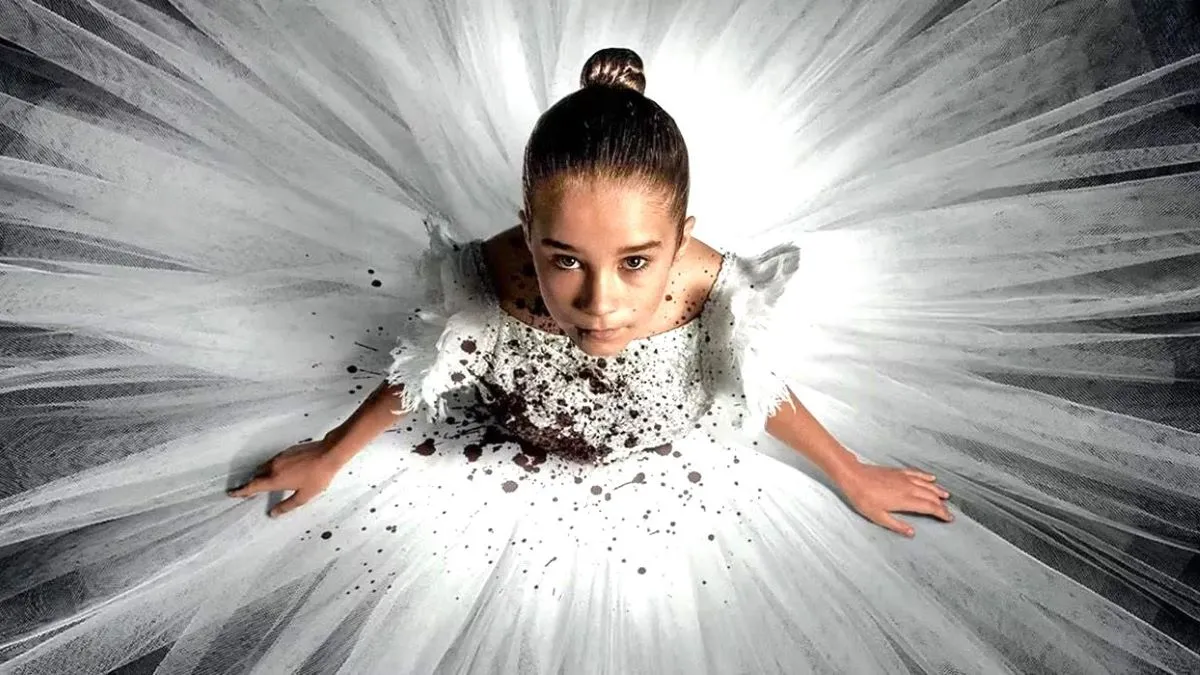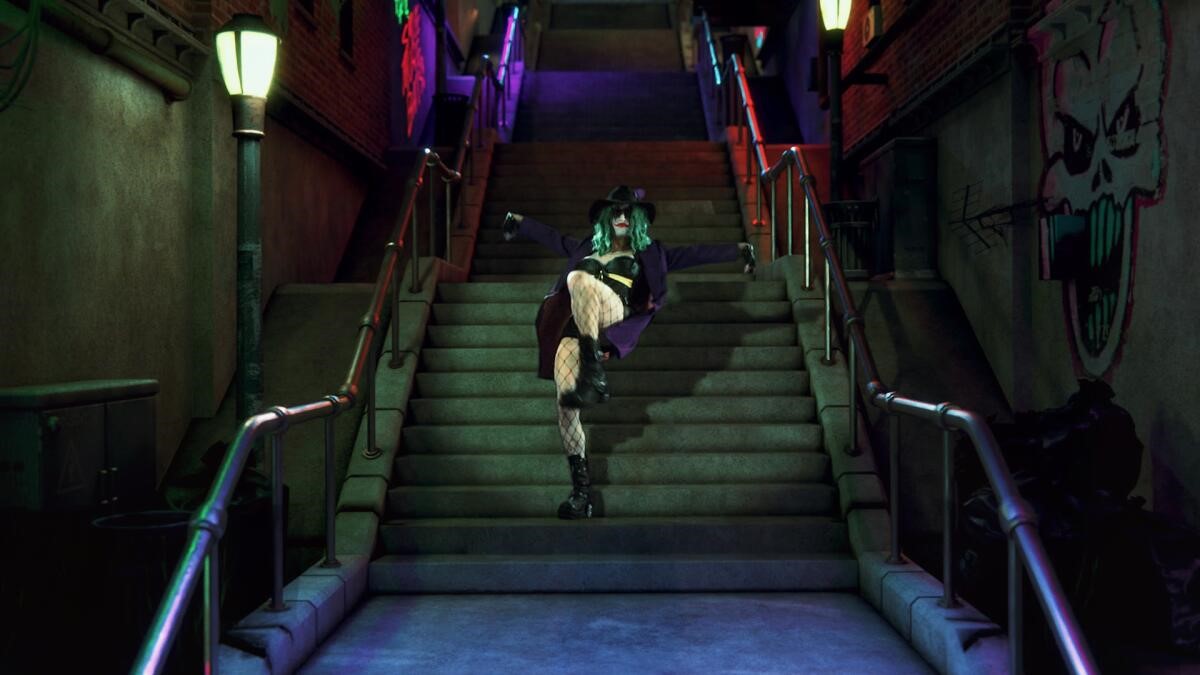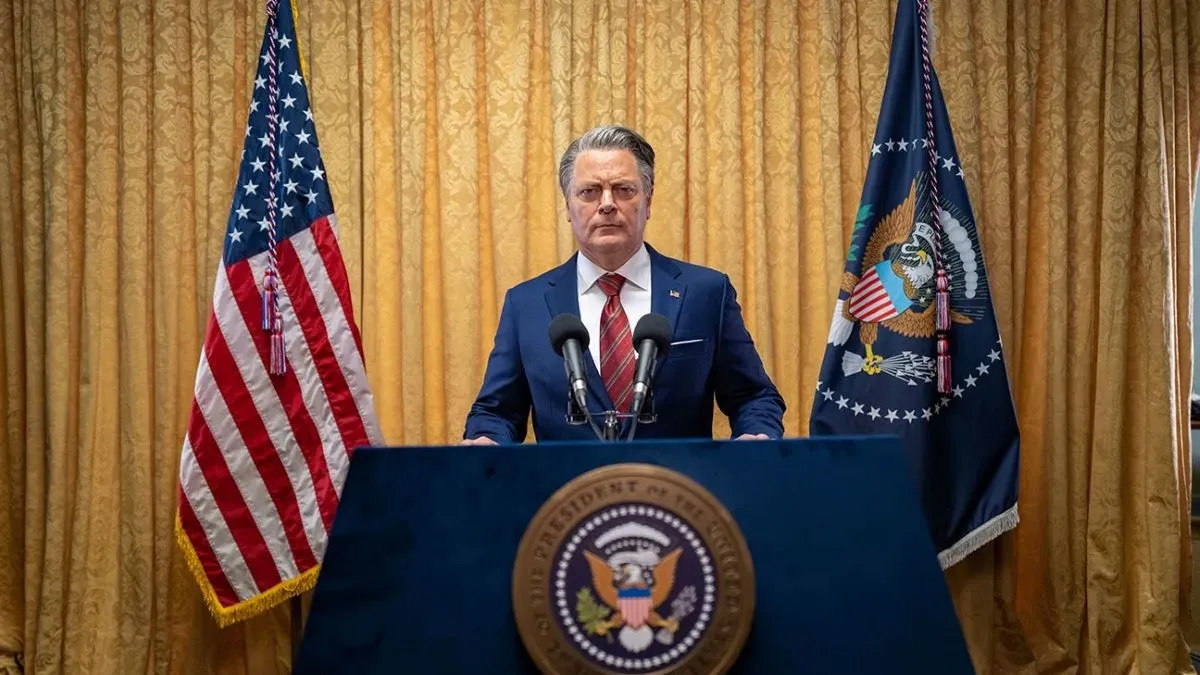
One could argue that the final scenes at least tie back into Amy and Rory’s undying love for one another, but having these two sacrifice themselves or their happiness for each other is such a thoroughly ingrained part of who these characters are that it does not, to me, count as anything revelatory or insightful. Of course Amy would choose to be with Rory over the Doctor. That’s not a major character decision. It’s not a major step forward for Amy Pond. It’s a matter that was settled mid-way through her first season, and countless times since. Even considering how romance plays into the ending, it still comes across to me as a random, sudden conclusion.
The thing is, I think I could be perfectly okay with that if the last four episodes had prepped the chance nature of their exit as a thematic point. I kind of like the idea that Amy and Rory’s story could function as literary tragedy, where their affinity for time-travel and adventure – and their resulting inability to lead a normal life – is ultimately what does them in. The last four episodes had a real chance to hone in on this idea, and therefore make The Angels Take Manhattan seem more fitting in context. But Amy and Rory were barely seen in the first three episodes of the season, and The Power of Three hardly addressed the self-destructive nature of their actions at all. Thus, The Angels Take Manhattan stands on its own, building on not a single second of the last four hours.
That is why I will always prefer an exit like The God Complex provided. If major characters like these are going to go away forever, I want it to feel natural and organic. I want the show to build to this sort of moment, instead of plopping it down in one chosen episode. That does not mean I require a happy ending, but if there is going to be a sad ending, I want it to be earned. And this, to me, is where The Angels Take Manhattan fails.
I am especially perturbed by how quickly the episode wraps up. Amy lets the Angel zap her back in time, the Doctor finds and reads the afterward, and that’s it. I absolutely understand the need to tie this all back into the Doctor, as he is the main character, but it leaves me feeling unsatisfied, on both emotional and logical levels.
On the latter, I find it tough to fathom a scenario where Amy and Rory are sent back in time and simply start living their lives in peace. We kept seeing, throughout this season, that they had extreme difficulty staying away from the Doctor. How exactly would they adjust to these new circumstances and stay psychologically healthy? What would they do to fill the gap the Doctor left? I do not know, nor shall I ever know. This, of course, is the risk of ‘tragic’ endings; they open more doors than can ever possibly be closed, once again leading me to prefer the simple, open-ended nature of The God Complex.
On the emotional level, I wonder why we could not at least get a montage of Amy and Rory growing old together in the past. I could probably get past my logical issues were we given a small, visual confirmation that for these characters, life does indeed go on. Amy tells us as much in narration, but television is a visual medium, and one final shot of Amy and Rory together would have helped sell the impact of the ending.
It also would have rectified what may be my biggest beef with the ending: That the last shot we will ever see of Arthur Darvill in character as Rory Williams is the Angel blinking him back in time. No final line. No character denouement. Nothing. In the end, he’s just a piece of Amy’s story, and I think treating him as such displays a fundamental misunderstanding of what this character has become since he joined the main cast.
Continue reading on the next page…






